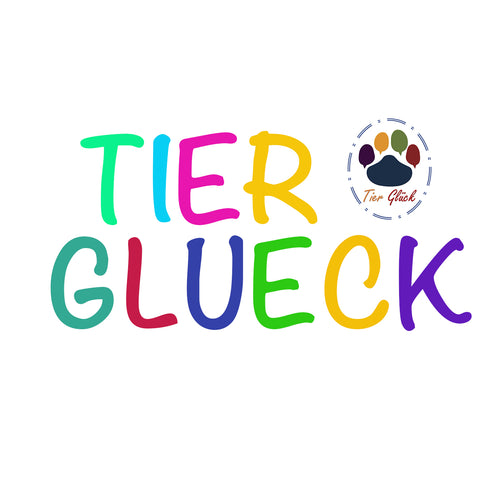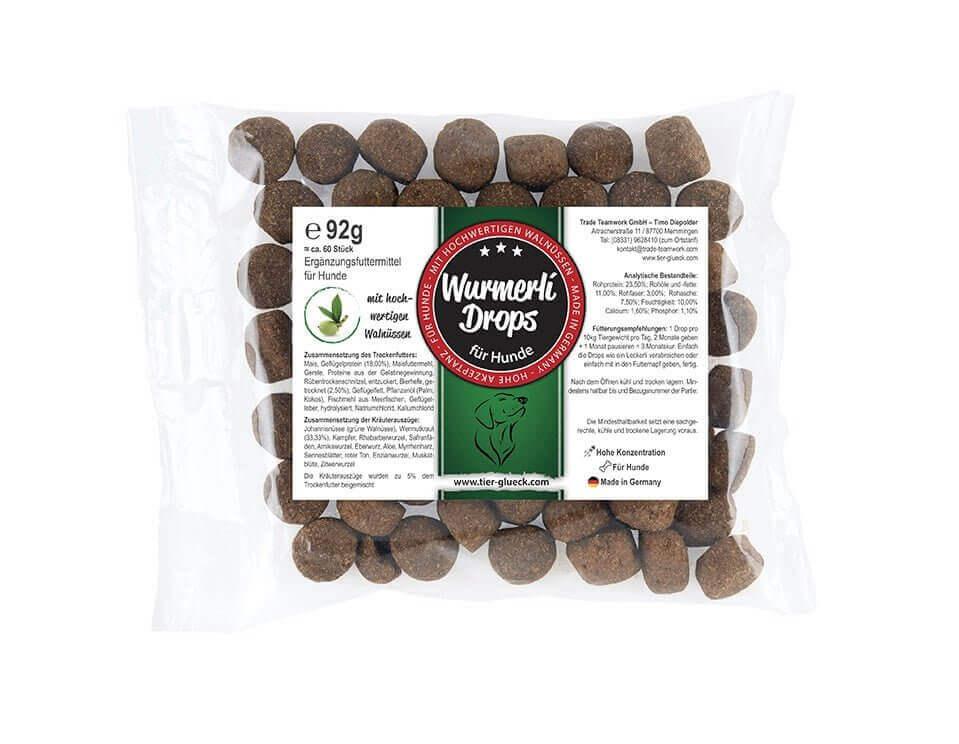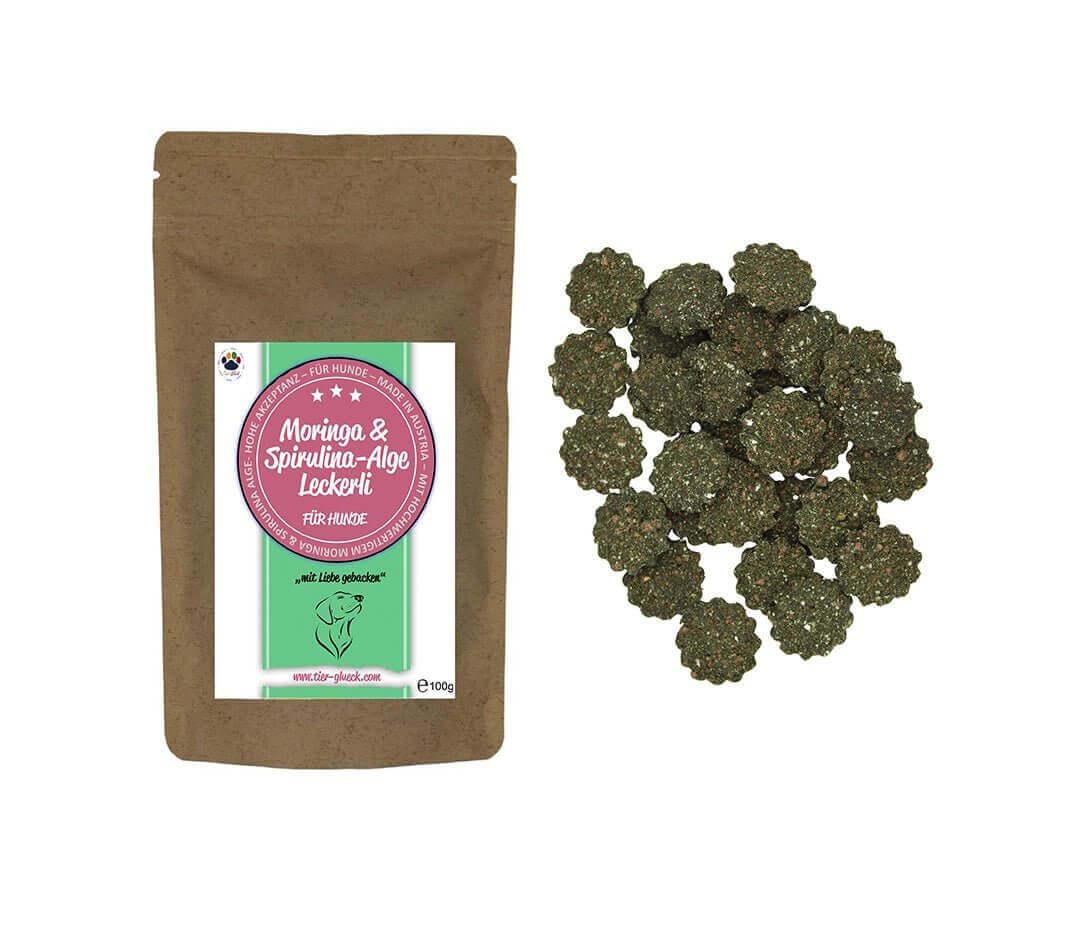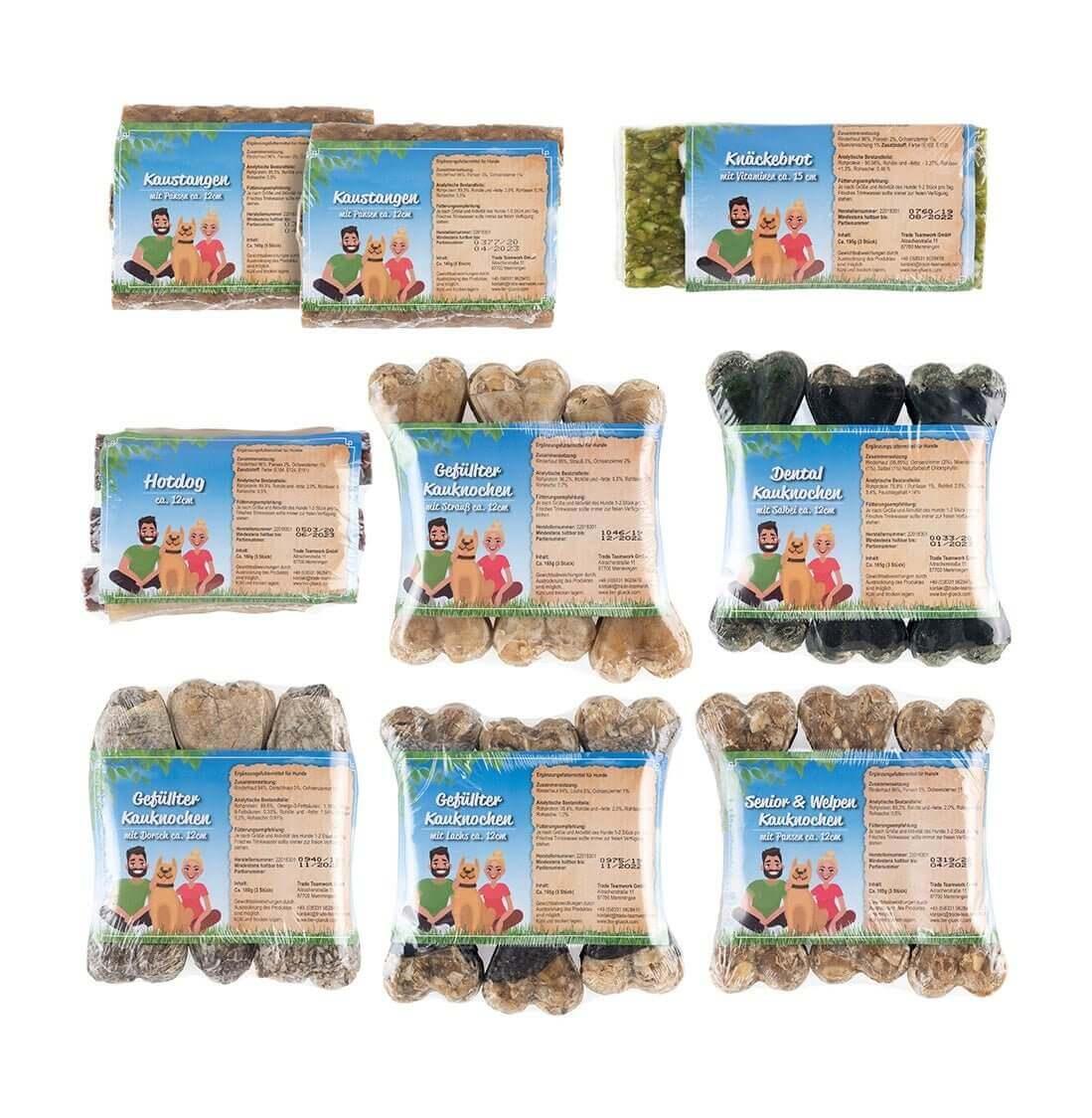Stay active – even in old age: Exercise for dogs and cats
Exercise is essential for pets of all ages—but especially for senior dogs and cats. It supports health, keeps joints flexible, and promotes mental well-being. In this article, we explain why regular activity is so important for senior pets and how you can gently encourage your older pet to exercise.
1. Why exercise is so important in old age
As pets age, their needs change. Muscle loss, declining joint function, and a slower metabolism can all result from a lack of exercise. Regular exercise helps slow these processes, keep joints supple, and strengthen the cardiovascular system. Exercise also prevents obesity—another risk factor in older animals.
2. Positive effects of exercise for senior pets
-
Maintaining muscle and joint mobility
-
Support of the cardiovascular system
-
Improve digestion and metabolism
-
Promote mental activity and prevent boredom
-
Improve mood and reduce stress
3. How to motivate older animals to exercise
-
Gentle walks: Shorter but regular walks are ideal.
-
Adjust play time: Instead of hectic games, quieter activities are suitable, such as search games or light intelligence games.
-
Joint activities: Cuddling and petting before or after exercise promotes bonding.
-
Adapted exercise options: Swimming or joint-friendly exercises can complement the training.
-
Motivation through treats: Small rewards like our Gelenkerli Drops provide additional support and promote the joy of exercise.
4. When is exercise too much?
Pay attention to your pet's signals: If it seems tired, limps, or shows pain, you should reduce the exercise and, if necessary, consult a veterinarian.
5. Conclusion
Regular, appropriate exercise is key to a better quality of life for senior dogs and cats. With patience and the right incentives, your pet will stay fit, happy, and vital.
Suitable products at www.tier-glueck.com
Our Gelenkerli Drops support joint health and ensure greater mobility – ideal for active seniors.










